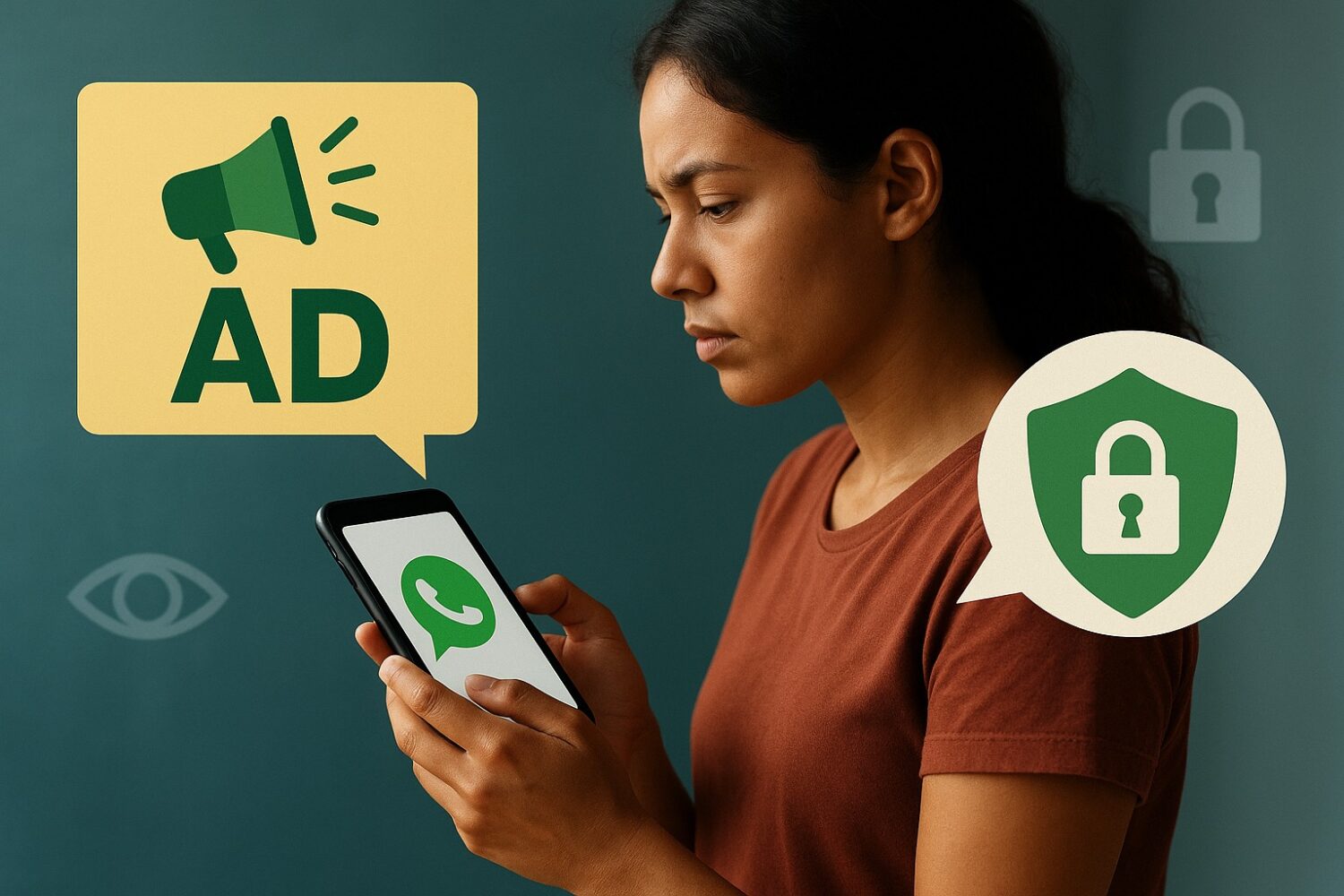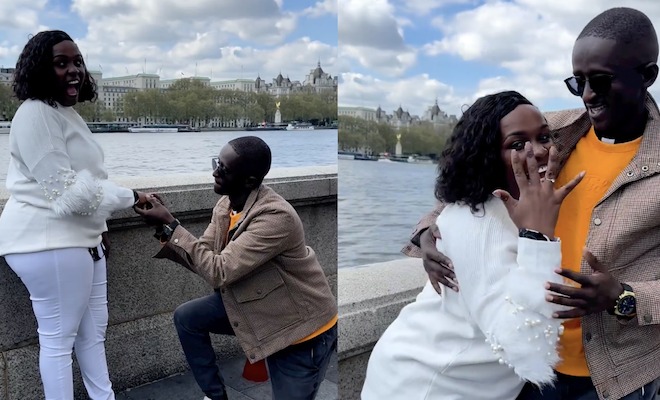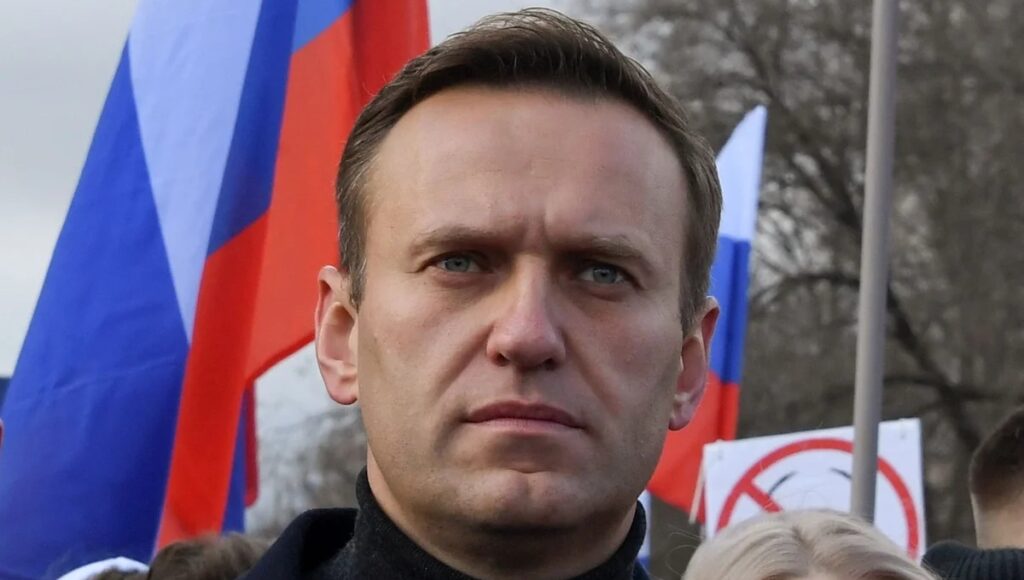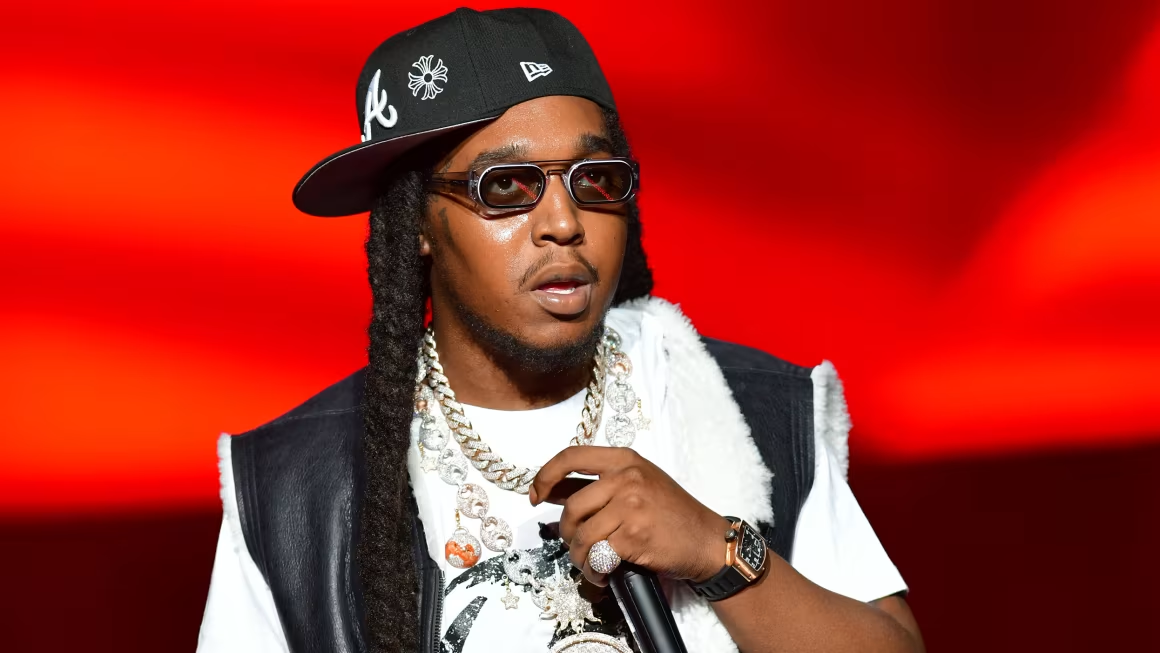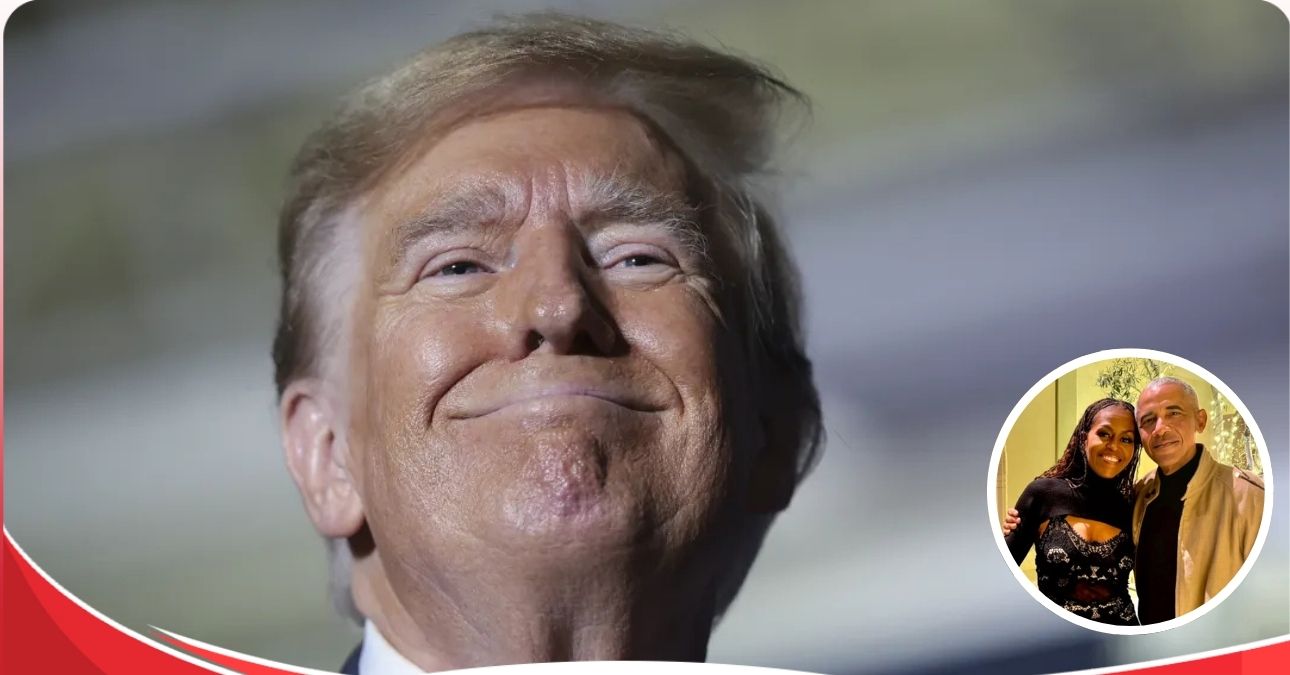When Meta first hinted back in June that adverts would eventually appear on WhatsApp, many people barely paid attention. It felt like another ordinary tech update, something far easier to ignore. But months later, the conversation has changed entirely.
It is no longer about where the ads will sit. It is about what this shift means for WhatsApp as a culture, how it could reshape daily communication habits.
Yes, the ads are headed straight for the updates section, sprinkled inside Status and Channels, where people already browse through content. But that is now the least interesting part.
The bigger story is the transformation taking place behind the scenes. Meta is facing global pressure to monetize every inch of its ecosystem, and WhatsApp, with more than two billion users, remains the final untouched giant. Turning it into a revenue engine is no longer optional. It is inevitable.
What has shifted since June is how people are actually using the app. Channels have exploded across Africa, becoming active spaces for news, entertainment, gossip, influencers, and even community bulletins. With this evolution, WhatsApp is beginning to resemble a social feed rather than a simple messaging tool.
And that is exactly where Meta sees its opening. Kenyan marketers are already preparing for new advertising space. Creators are eyeing expanded visibility. Small businesses are both hopeful and nervous, unsure whether this shift will boost growth or introduce new costs.
Then there is the sensitive issue that will define the future of the platform. Privacy. Meta continues to assure the world that private chats remain locked with end-to-end encryption, untouched, unreadable, and completely separate from ad targeting.
That promise calmed the storm during the chaotic 2021 privacy backlash when many users nearly abandoned WhatsApp. But tech experts caution that trust is not permanent. Corporate strategies evolve.
Regulations tighten. Market pressure shifts direction. The real question is not whether Meta is accessing chats today. It is whether users believe the company will keep that boundary intact in the years ahead.
This moment feels like a turning point. WhatsApp is slowly morphing into something that blends the energy of Instagram and TikTok while still pretending to be the familiar chat app everyone relies on. Your conversations may remain untouched, but the overall vibe of the platform is changing.
The ads are coming. The app is evolving. And users everywhere are paying closer attention than Meta ever expected.


